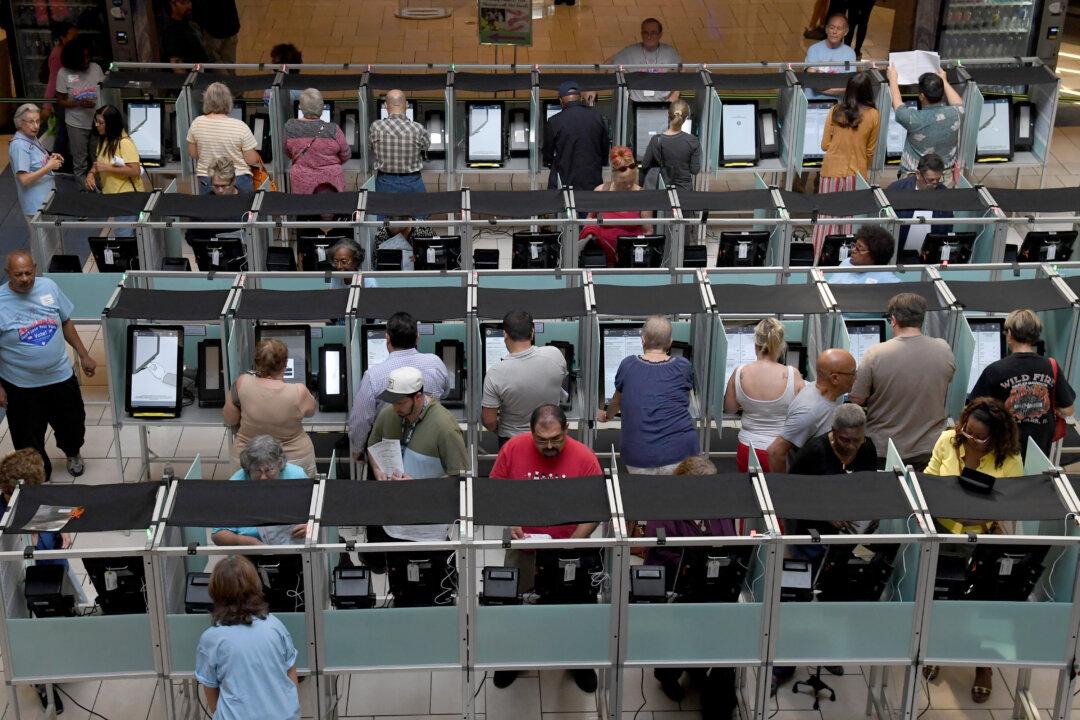The 10th Circuit Court of Appeals ruled last week that Electoral College members are free to vote for the presidential candidate they choose and can’t be bound by the popular vote in their respective states.
Some states have laws that punish so-called faithless electors for not voting for the candidate to which they pledged support, but there have long been legal questions about the enforceability of such laws. In May, the Washington State Supreme Court ruled in a separate case that electors could be fined for refusing to cast ballots for the candidate who won the popular vote in that state.





